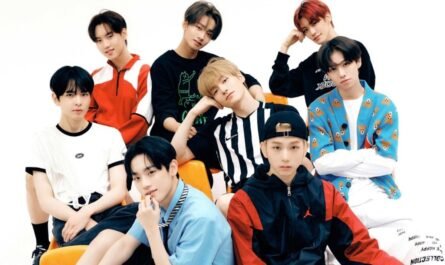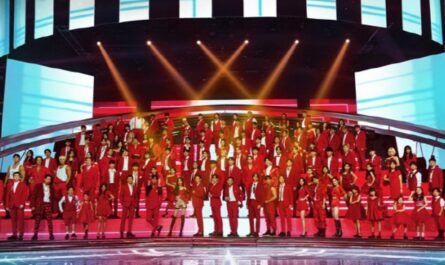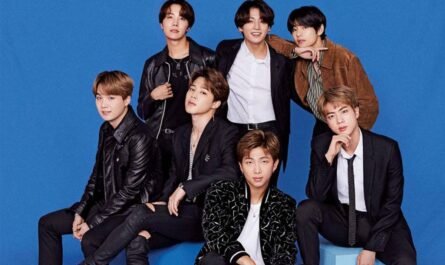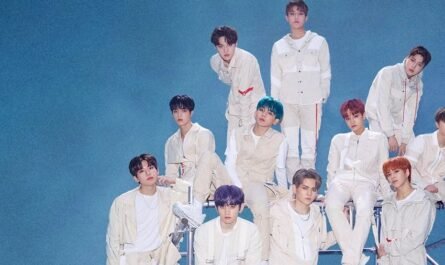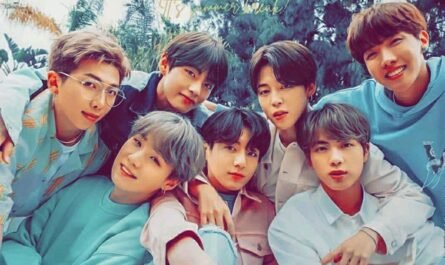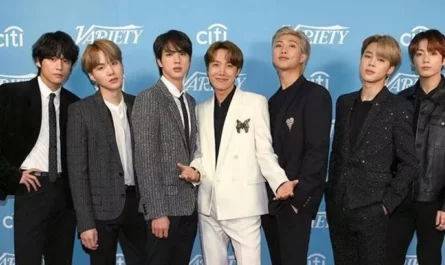When visiting cultural sites around the world, they often wish they had a unique Korean performance team or a sensible publicity booth for their local festivals or events. When I see Korean artists who come to know well-known local festivals, it is a pity that they would have attracted much more attention in terms of clothes, space, time, etc.
There are also quite a few small-scale Korean festivals held in countries where the Korean community has developed. Except in large cities such as Los Angeles in the United States and Berlin in Germany, in most cases, the event is held simply between Korean residents and acquaintances in a park. It is a small festival where they wear hanbok, which has been kept for decades and share gimbap and tteokbokki, saying they are proud of Korea’s elevated status.
There are not many, but there are places that run Korean events well. A few years ago, Jinjuseong Chwitadae participated in the Berlin Carnival through the Korean Cultural Center in Germany. The strategy of naturally exposing our content to local festivals stood out. The Korean Cultural Festival in Montpellier, a luxury resort and cultural city in France, is a good example. As young people’s interest in Korea, such as K-pop, increases, the active support of the local education office and the efforts of the Korean Cultural Center can be regarded as exemplary cases that led to Hangeul, culture, and festivals. This means that overseas Korean festivals are barren.
But now is the time to be a little different. The national brand is good, the budget is significant, and many fields are attracting attention, including K quarantine, public security, information technology (IT), movies, music, Korean food, games, dance taekwondo, and recent literature. Is it only doing K-pop concerts?
This unfortunate phenomenon has been around for too long to be attributed to COVID-19. Of course, K-pop indeed played a crucial role in promoting Korea. It might be necessary to plan a more advanced strategy in times like these. If K-pop singers are doing such an excellent job of ‘boom-up,’ we should not miss the time and have our culture appear evenly on the world stage. Even now, talented K-pop singers are working hard to plant the ‘seeds of visiting Korea’ around the world.
Even if the president visits, cultural week, cultural exchange, diplomatic relations commemorative event, or tourism promotion, all Korean events abroad start with K-Pop and end with K-Pop. So, there is talk of how difficult it is for public institutions to recruit celebrities with a generous budget.
Although it is just the beginning in Korea, cultural events are active abroad. At this point, how about thinking about the functions and uses of various Korean events held overseas? In particular, it would be good to develop Korean events held like park feasts only with the passion of Koreans from different countries and use them as a platform to promote our culture. It is also necessary to have a system in which Korean students studying in each country can quickly obtain related props and expenses to become publicists of Korean culture on their own.
The experience of an international student who nearly gave up participating in a university festival while trying to borrow three sets of hanbok from the Korean Cultural Center in London at the beginning of this year shows the reality of our not-so-compact existence. The most important thing is that related organizations such as the Korean Cultural Center, the Korea International Cultural Exchange Promotion Agency, and the Korea Tourism Organization should gather and meet how similar Korean culture is not all about K-pop. Let’s not miss the tide now when BTS is rowing.



